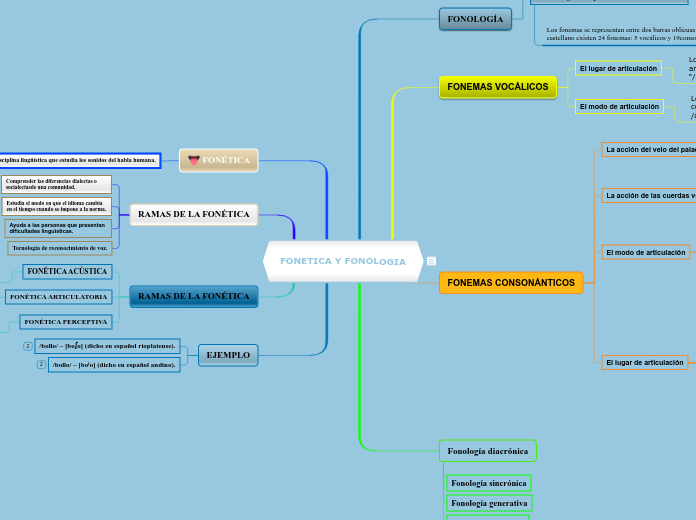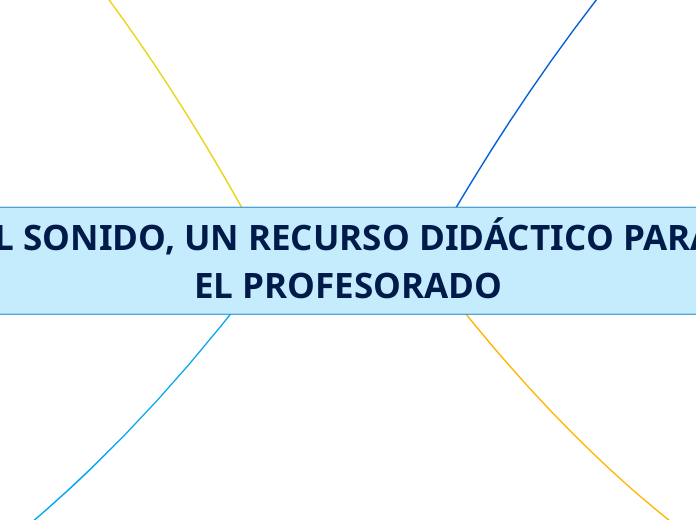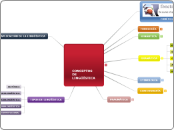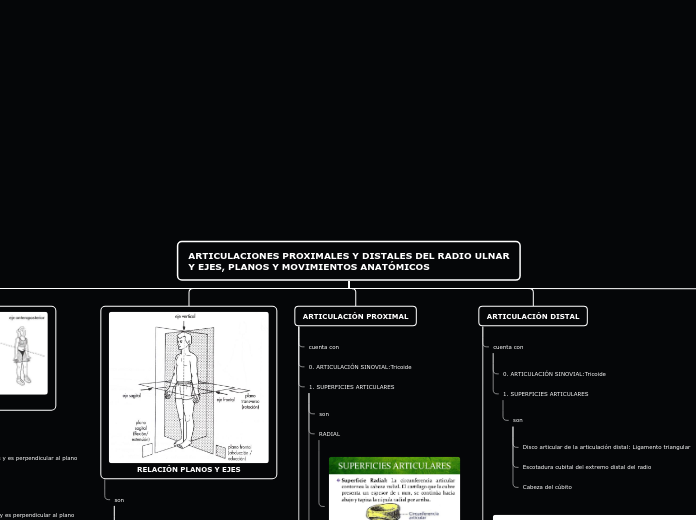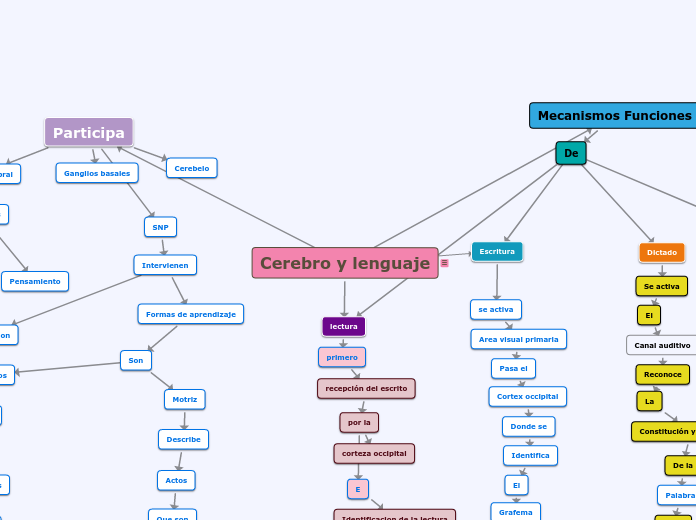FONETICA Y FONOLOGIA
FONETICA Y FONOLOGIA
The part of speech is a category to which a word is assigned according to its syntactic functions. In English the main parts of speech are noun, pronoun, adjective, determiner, verb, adverb, preposition, conjunction, and interjection.
EJEMPLO
A conjunction is a word like 'if' 'but' or 'and' which is used to connect sentences or clauses together.
/bollo/ – [boᵎo] (dicho en español andino).
Subordinating conjunctions are conjunctions that are used at the beginning of subordinate clauses. Some examples of these conjunctions are: although, after, before, because, how, if, once, since, so that, until, unless, when etc.
Although it was raining, I went out.
/bollo/ – [boʃo] (dicho en español rioplatense).
Coordinating conjunctions always connect phrases, words, and clauses. They are: for, and, nor, but, or, yet, so.
Create sentences
This stew is savory and delicious.
A preposition is one of the most exciting parts of grammar. A preposition is used to describe the location of something in relation to something else.
FONÉTICA PERCEPTIVA
When a preposition consists of more than one word, it is called double preposition.
Fonética auditiva, métidos de interpretación de las ondas sonoras
FONÉTICA ARTICULATORIA
Compound preposition consists of two or more words.
El enfoque del habla es fisiológico
FONÉTICA ACÚSTICA
When a preposition consists of one word it is called single or simple preposition.
Estudio del habla, a través de la medición y cotejo de las ondas sonoras.
RAMAS DE LA FONÉTICA
An adverb is used to describe a verb, but it can also describe an adjective or another adverb.
Adverbs normally help paint a fuller picture by describing how something happens.
Tecnología de reconocimiento de voz.
The intensifiers strengthen adverbs adjectives and adverbs and down- toners make them weaker.
Ayuda a las personas que presentan dificultades linguisticas.
Estudia el modo en que el idioma cambia en el tiempo cuando se impone a la norma.
Comprender las diferencias dialectas o socialectasde una comunidad.
FONÉTICA
A verb with its own meaning: a verb that is not an auxiliary verb.
Disciplina lingüística que estudia los sonidos del habla humana.
Fonología diacrónica
Fonología y fonética
Fonología generativa
Fonología sincrónica
FONEMAS CONSONÁNTICOS
An article is a word used to modify a noun, which is a person, place, object, or idea. Technically, an article is an adjective, which is any word that modifies a noun.
Velares
Palatales
Alveolares
Interdentales
Dentales
Labiodentales
Bilabiales
Africados
Fricativos
Oclusivos
La acción de las cuerdas vocales
Indefinite articles are the words 'a' and 'an.' Each of these articles is used to refer to a noun, but the noun being referred to is not a specific person, place, object, or idea. It can be any noun from a group of nouns.
Sordos
Sonoros
La acción del velo del paladar
It refers directly to a specific noun or groups of nouns.
Nasales
Orales
FONEMAS VOCÁLICOS
A pronoun is a word that can be used in place of a noun, typically after the noun itself has already been stated.
El modo de articulación
Los fonemas vocálicos se clasifican en vocales cerradas “/i/, /u/”, medias “/e/, /o/” y abiertas /a/
El lugar de articulación
A reflexive pronoun ends with ...self or ...selves and refers to another noun or pronoun in the sentence (usually the subject of the sentence). The reflexive pronouns are myself, yourself, herself, himself, itself, ourselves, yourselves, and themselves.
Los fonemas vocálicos se clasifican en vocales anteriores “/i/, /e/”, centrales “/a/” y posteriores “/o/, /u/”
FONOLOGÍA
A numeral is a word or phrase that describes a numerical quantity.
Some theories of grammar use the word 'numeral' to refer to cardinal numbers that act as a determiner to specify the quantity of a noun, for example the 'two' in 'two hats'.
Ciencia lingüística que estudia el sonido de la voz.
Los fonemas se representan entre dos barras oblicuas: //. En castellano existen 24 fonemas: 5 vocálicos y 19consonánticos.
